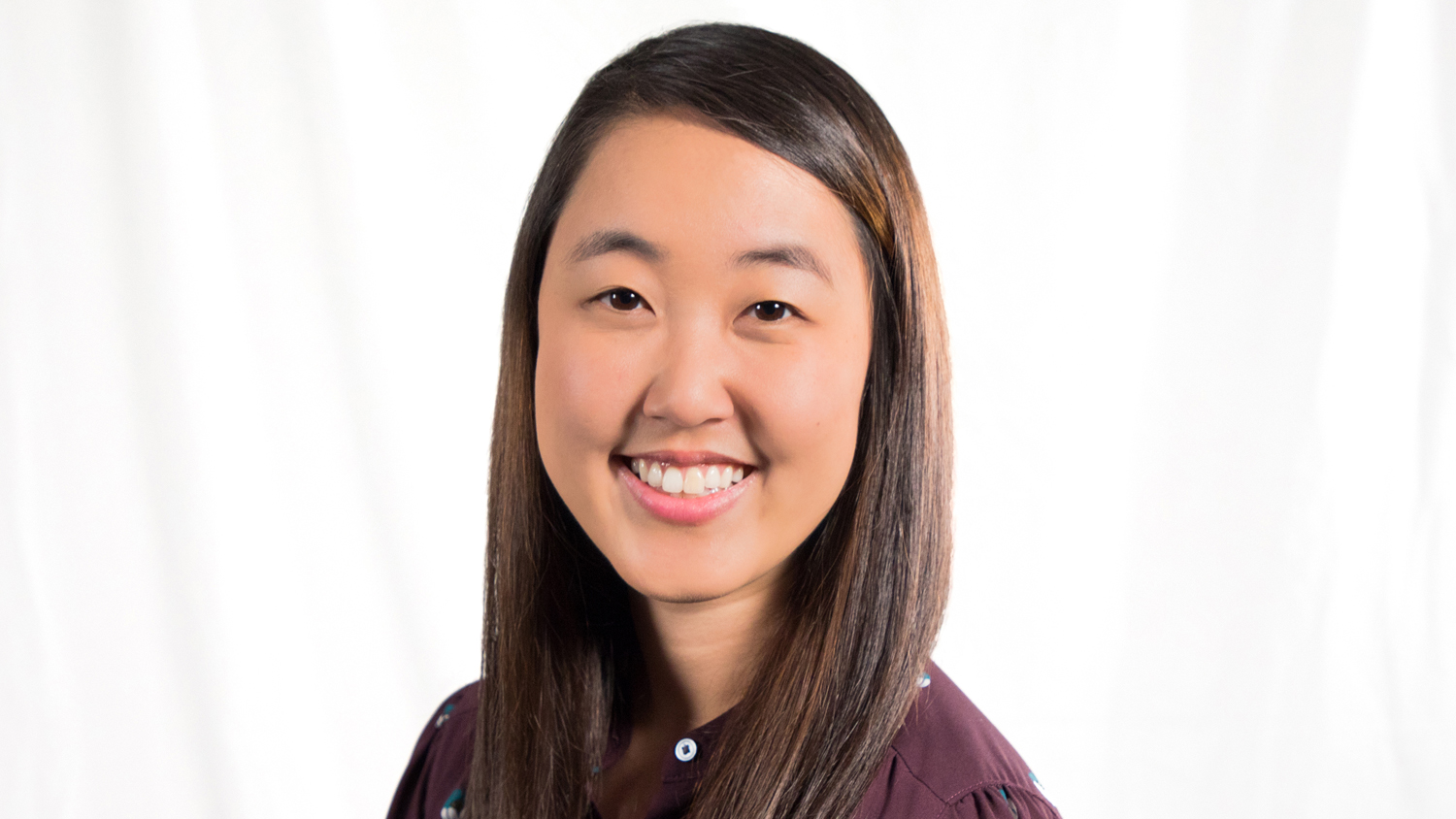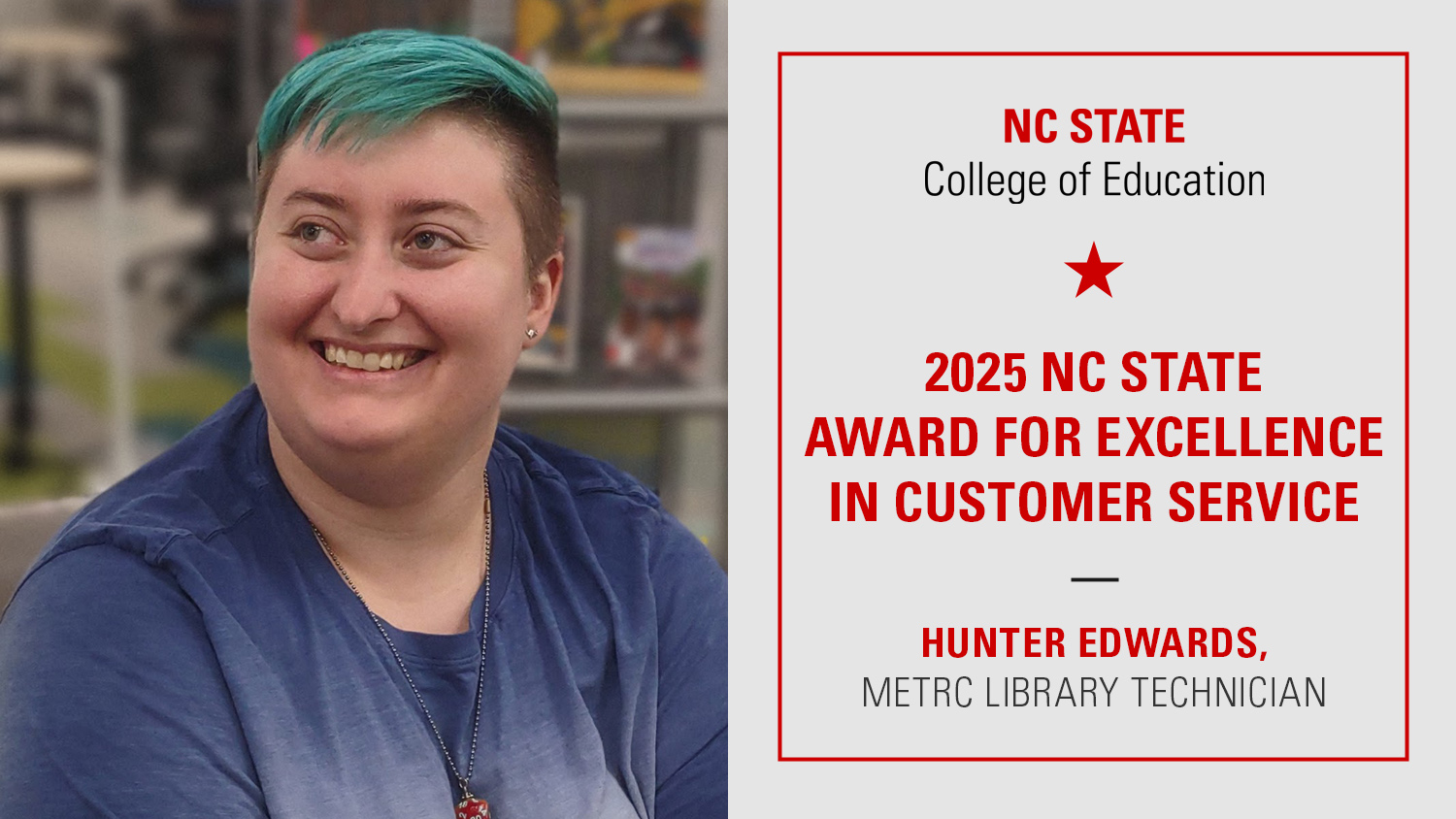Meet Sharon Y. Chung: I Want To Produce High Quality Counselors

“I want to produce high quality school counselors who will apply what I taught them in the field so that future K-5 students can be served,” says the teaching assistant professor in school counselor. “I also want to instill and draw out students’ already-existing passion for school counseling and future students and help channel their potential to become great school counselors.”
This is part of a series of profiles of faculty who joined the College of Education in 2017.
Sharon Y. Chung
Education: Ph.D. in Counselor Education and Supervision, College of William & Mary; Master of Science in School Counseling, Eastern Illinois University; and Bachelor of Science in Psychology, University of Illinois at Urbana-Champaign.
Experience: Co-instructor and Teaching Intern, College of William and Mary; Co-instructor and Teaching Intern, Eastern Illinois University; School Counselor, Yorktown Elementary School (Yorktown, Virginia); Resident, New Horizons Family Counseling Center, Williamsburg, Virginia; Clinical Practicum Intern, Magruder Elementary School (Williamsburg, Virginia); Project Empower Student Assistance Program Director and Counselor, Warhill High School (Williamsburg, Virginia); New Directions Group Leader, New Horizons Family Counseling Center (Williamsburg, Virginia); New Leaf Field Hockey Intervention Leader, New Leaf Clinic (Williamsburg, Virginia); Clinical Intern, Monticello High School (Monticello, Illinois); and Clinical Practicum Intern, Edison Middle School (Champaign, Illinois).
Why I Chose the NC State College of Education: I wanted to be an Assistant Professor in School Counseling and I also believe in teaching online. It was a perfect combination!
Why I Chose the Field of Education: I wanted to become a school counselor to work with students who need extra support in school. Underprivileged students in K-12 students don’t always have the academic, emotional or career-driven support they need at home so I wanted to do what I could do to reach out to these students. I also love working with a wide range of people at the schools for the good of the students — students, parents, teachers, administration, community members, etc.
Why I Pursued a Ph.D.: As I went through my master’s in school counseling program, I was deeply impacted by one of my professors and decided that I wanted to become just like her so that I could influence school-counselors-in-training too. It was here that I developed a passion for teaching and working with graduate students.
My Teaching Philosophy: My teaching philosophy is a mix of the following three methods: person-centered philosophy, cognitive-development theory, and experiential-learning theory. I believe that teachers reach students much more effectively by building rapport with students, matching and challenging students appropriately, and creating hands-on and practice based lessons for students to apply in future careers.
How I Developed This Teaching Philosophy: I developed that teaching method due to a combination of personal experience and research-based philosophies.The courses I remember are the ones where I had a relationship with my instructor and felt comfortable speaking out in class and participating in discussions. I was also challenged and pushed in these courses without offense because I truly believed that my instructor wanted me not only to grow professionally, but personally as well. I was forced out of my comfort zone in a safe place and as a result, learned the most about myself and the content of the courses. Further, the courses that gave me practical experiences and a set of tangible techniques I could use in the field are the ones I still refer to today. All three of these methods are research based.
What I Hope To Accomplish at the NC State College of Education: My hope as a teaching assistant professor is to make an impact on students in a positive way, both in their professional and personal growth. I want to produce high quality school counselors who will apply what I taught them in the field so that future K-5 students can be served. I also want to instill and draw out students’ already-existing passion for school counseling and future students and help channel their potential to become great school counselors.
- Categories:


